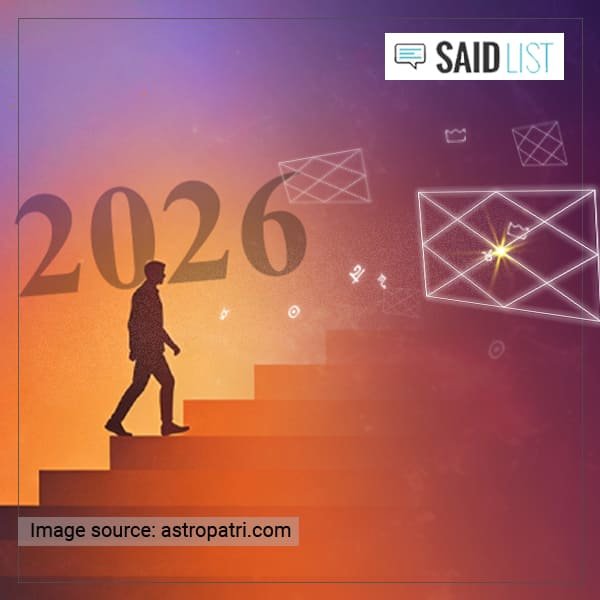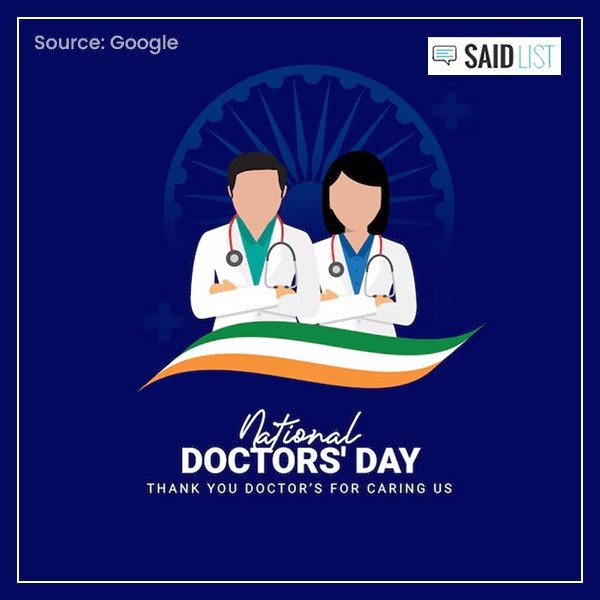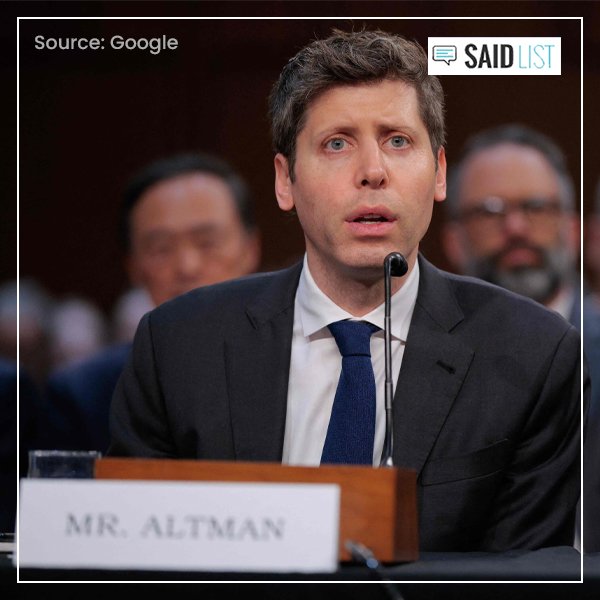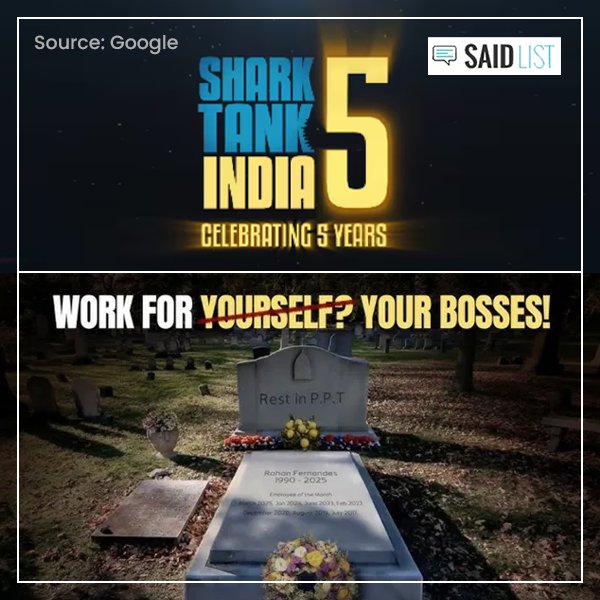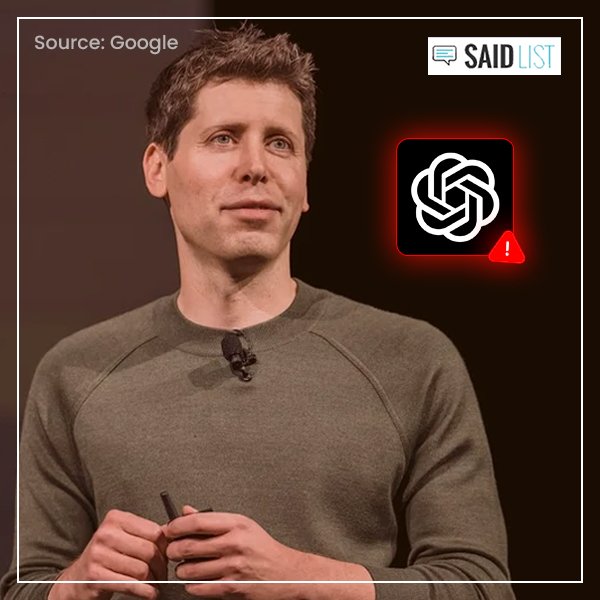Every year, July 1st marks a moment of national gratitude and celebration in India—National Doctors’ Day. It is a time to pause, reflect, and honor those who dedicate their lives to healing others. These unsung heroes work tirelessly behind the scenes, offering not just treatment, but also hope, empathy, and guidance.
In 2025, as healthcare continues to evolve and expand, this occasion gains even greater importance. It’s not just about celebrating doctors for one day—it’s about acknowledging a lifetime of service, sacrifice, and compassion.
The Origin of Doctors’ Day in India: Remembering Dr. B.C. Roy
The significance of National Doctors’ Day in India is deeply tied to the birth and death anniversary of Dr. Bidhan Chandra Roy—a visionary physician, freedom fighter, and the second Chief Minister of West Bengal. He was born and passed away on the same date—July 1st, making this day a profound symbol of his life and legacy.
Dr. Roy was not only a pioneering doctor but also a nation-builder who believed in accessible and ethical healthcare. His dedication to medicine and public service laid the foundation for what Doctors’ Day in India stands for today: selfless service, excellence, and commitment to humanity.
Why National Doctors’ Day Matters More Than Ever in 2025?
In a world still grappling with the aftereffects of the COVID-19 pandemic and ongoing health crises, doctors remain the frontline warriors. From emergency rooms and operating theatres to rural clinics and online consultations, doctors continue to shoulder immense responsibility.
National Doctors’ Day 2025 is more than a ceremonial tribute. It’s a collective call to recognize the personal and professional challenges doctors face, and a reminder that their work forms the backbone of our public health systems.
Whether it’s a rural physician in a remote village or a surgeon in a metropolitan hospital, every doctor plays a crucial role in shaping healthier communities.
The Evolution of Medicine: From Ancient Healers to AI-Enabled Physicians
Medicine has transformed dramatically over the centuries. From the teachings of Hippocrates, the “Father of Medicine,” to the cutting-edge research in genetics, robotics, and telemedicine, healthcare has journeyed from rudimentary herbal treatments to precision medicine and beyond.
Notable breakthroughs—like Alexander Fleming’s discovery of penicillin, the development of vaccines, and robotic surgeries—have redefined life expectancy and quality of life. Today, AI-driven diagnostics, wearable tech, and genome editing are reshaping how we treat and even prevent diseases.
Yet amid this wave of technological advancement, one constant remains: the human connection between doctor and patient. Empathy, ethical responsibility, and compassion can never be replaced by machines.
The Multifaceted Role of a Modern-Day Doctor
Gone are the days when doctors were only seen as clinicians. In 2025, a doctor wears many hats:
- Scientist: Constantly updating their knowledge to stay ahead of diseases.
- Counselor: Helping patients emotionally cope with diagnoses and recovery.
- Educator: Teaching communities about prevention and healthy habits.
- Advocate: Speaking out for healthcare reforms and public wellness.
Today’s doctors are navigating a more complex healthcare landscape—one that involves emerging infections, digital disruptions, mental health crises, and ever-evolving medical ethics.
Their ability to balance science with sensitivity is what truly defines modern medical excellence.
The Emotional and Mental Toll of Being a Doctor
While we often romanticize the profession, being a doctor is far from easy. Behind the white coat is a human being facing:
- Long, unpredictable working hours
- High-stakes decisions under pressure
- Emotional burnout due to patient loss or suffering
- Administrative overload and legal scrutiny
- Personal sacrifices, including time with family
Moreover, the rising cost of medical education, coupled with inadequate support systems and workplace violence in some regions, adds to their challenges.
On National Doctors’ Day, it’s vital to not just celebrate doctors—but also acknowledge their struggles and advocate for better working conditions and mental health resources.
How India Celebrates National Doctors’ Day
Across the country, hospitals, medical institutions, and communities organize events to honor doctors. These include:
- Felicitation ceremonies
- Public recognition of outstanding medical service
- Educational seminars and health awareness drives
- Heartfelt letters and tributes from patients
In recent years, social media campaigns using hashtags like #ThankYouDoctor and #DoctorsDayIndia have also gained traction, offering the general public a platform to share their gratitude.
Government initiatives, particularly post-COVID, have focused on improving healthcare access, digital healthcare adoption, and frontline worker training, reinforcing the doctor’s role in nation-building.
The Future of Medicine: Innovation with Compassion
The next frontier in medicine is undeniably digital. In 2025 and beyond, we’re witnessing a surge in:
- Telemedicine connecting patients across geographies
- Wearable health devices providing real-time data
- AI and robotics assisting in complex surgeries
- Personalized medicine tailored to an individual’s genome
- Virtual health records and cloud-based diagnostics
Yet, as medicine becomes more advanced, it also becomes more impersonal. That’s why doctors must continue to lead with empathy, ensuring that technology enhances—not replaces—the doctor-patient relationship.
The future doctor must be both technically skilled and emotionally intelligent.
What Society Can Do to Appreciate Doctors Year-Round?
True appreciation goes beyond symbolic gestures. Here’s how we, as a society, can genuinely support our doctors:
- Strengthen medical infrastructure—especially in rural and underserved areas.
- Ensure fair compensation and work-life balance.
- Address violence against healthcare workers with strict policies.
- Encourage aspiring doctors through scholarships and mentorships.
- Promote mental health awareness within the medical community.
- Respect their time and expertise as patients—be punctual, follow prescriptions, and express gratitude.
A simple “thank you,” a handwritten note, or even respecting medical advice can go a long way in making doctors feel valued.
Conclusion: Saluting the Silent Guardians of Health
On this Doctors’ Day 2025, let’s take a moment to truly reflect on what doctors mean to us—not just as patients, but as members of a society that depends on their knowledge, care, and courage.
The Doctors heal wounds we see, and often, those we don’t. They step into crisis with calm, stay strong for us, even when they’re exhausted. They are more than healthcare providers—they are guardians of life.
In celebrating them today, we recognize that their impact lasts far beyond a prescription or a procedure—it lives on in the people they save, the families they comfort, and the communities they uplift.
Happy National Doctors’ Day!
Let’s remember to thank our doctors—not just with words, but with action, respect, and unwavering support.



